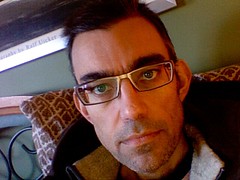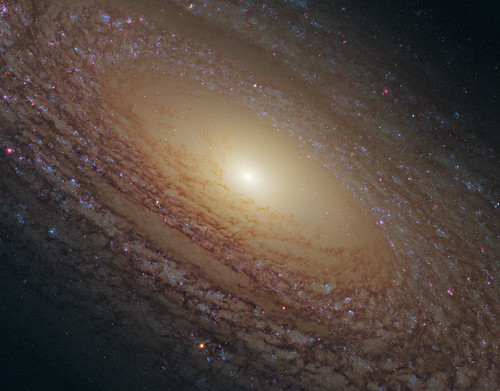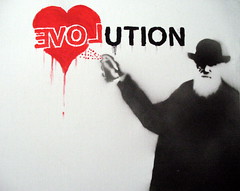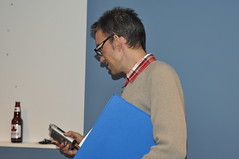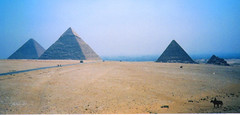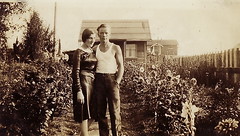 By all accounts, my maternal grandparents were a vibrant and social couple, pillars of Vancouver's substantial Finnish immigrant community in the middle of the 20th century. By the time I was born in 1969, they had reached retirement age, and I never knew them as young, healthy people. We lived next door, and as I got older I knew them as quiet as they aged and became ill, with few friends. They didn't travel much—a few trips to Reno in my childhood—nor did they go out or have parties, other than family gatherings.
By all accounts, my maternal grandparents were a vibrant and social couple, pillars of Vancouver's substantial Finnish immigrant community in the middle of the 20th century. By the time I was born in 1969, they had reached retirement age, and I never knew them as young, healthy people. We lived next door, and as I got older I knew them as quiet as they aged and became ill, with few friends. They didn't travel much—a few trips to Reno in my childhood—nor did they go out or have parties, other than family gatherings.
After talking with parents, aunt and uncle, and cousins, I think a big part of that change was pride. My grandfather, a carpenter by trade, also led a Finnish choir. As he became less firm, he could neither do his old work nor sing the way he used to. I think he resented that. He did not want his friends and their families to see him become old. So he slowly withdrew, until he no longer kept in touch with most of them.
Finns are often stereotyped as extremely reticent and reserved, and like many stereotypes, it emerges from the truth. (There's an old joke: a Swede and a Finn go together to a bar. "Cheers," says the Swede as they raise their glasses. "Did we come to talk or drink?" replies the Finn.) My grandpa, who came to Canada in the 1920s, was certainly like that when I knew him decades later.
I also know how he felt. Four years after developing cancer, I'm tired, weak, and in pain. I've lost close to 50 pounds. I spend a lot of time in the bathroom, and I take morphine daily. I'm dying, and I know it. While I'm only 41, I'm like an old man, and I'm often by myself, frequently by choice.
There's a big difference, however. My grandparents both died in the early '90s. Neither had ever used email or anything related to the Internet. Conversely, I've been involved in some sort of online social networking since my BBS days almost 30 years ago. Email, this blog, Twitter, Facebook, Flickr—they're a bigger part of my daily life than the telephone or television.
So even when I'm here, alone with the dog, somewhat withdrawn, as on this grim rainy Vancouver Friday, I'm not really alone. People like you read what I write, and you respond. I keep track of my friends and acquaintances, and some rare days I know more about what's been going on in the lives of friends in Melbourne or Ottawa than with my parents next door (though my dad's on Facebook and has a blog too). I can simply lurk and feel part of people's days, or I can inject the occasional reply or snarky comment, depending on how I feel.
What I do feel is connected, in a way my grandparents didn't at the ends of their lives. Unfortunately, my grandma spent her last years in a care home, in the final stages of Parkinson's disease, not understanding much of her surroundings, and often reverting to memories of her youth in Finland. My grandpa, though, was pretty sharp until very near his death, when his lungs gave out on him.
I think grandpa would have benefited from something like Facebook or Twitter—some means to stay plugged in with his family and friends, and their families and friends. It's a new thing in our time, this ability to dip into and out of the lives of people we know—if we choose—to remain the social people we want to be, even if our bodies won't let us do it so easily or frequently face-to-face anymore.
Cheers, folks. I can't drink much now, but I can still talk.
